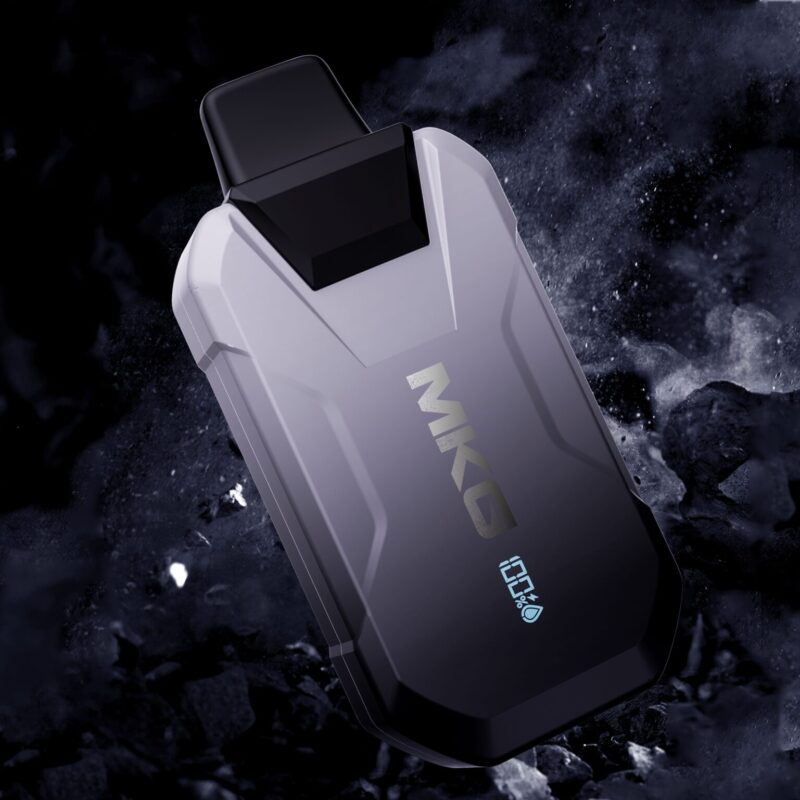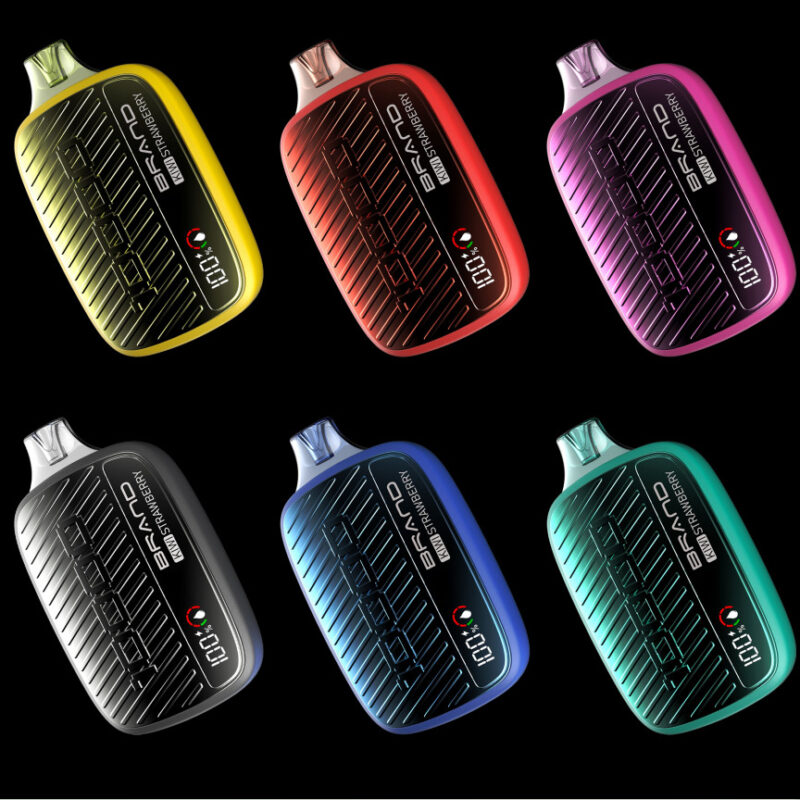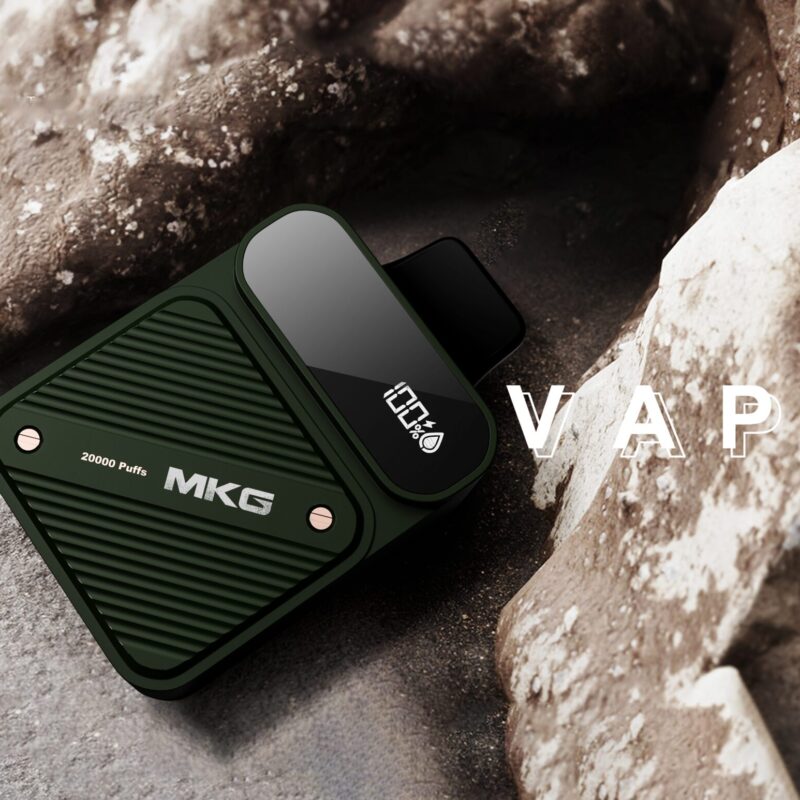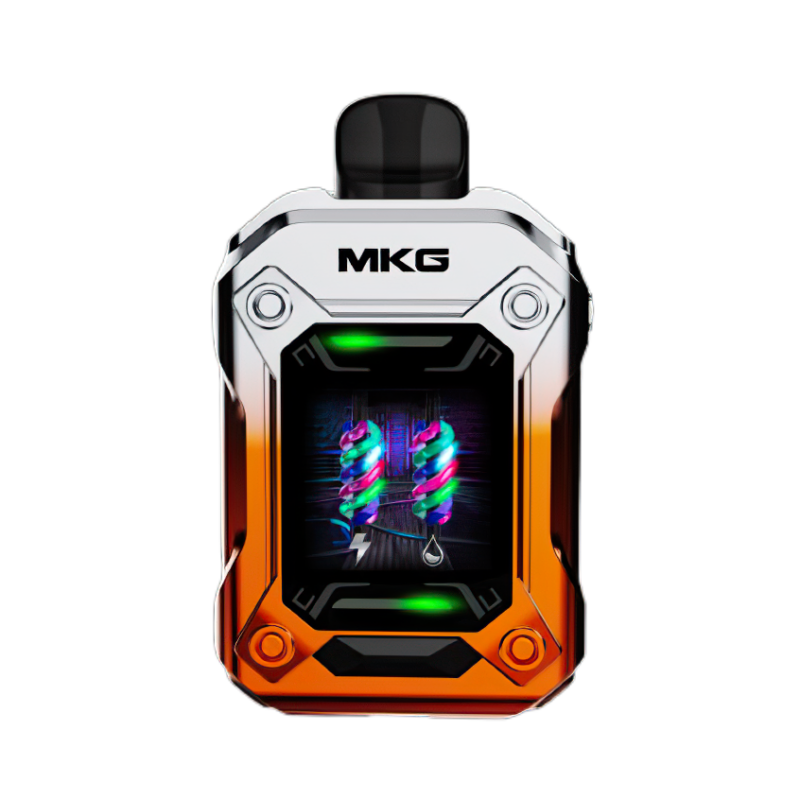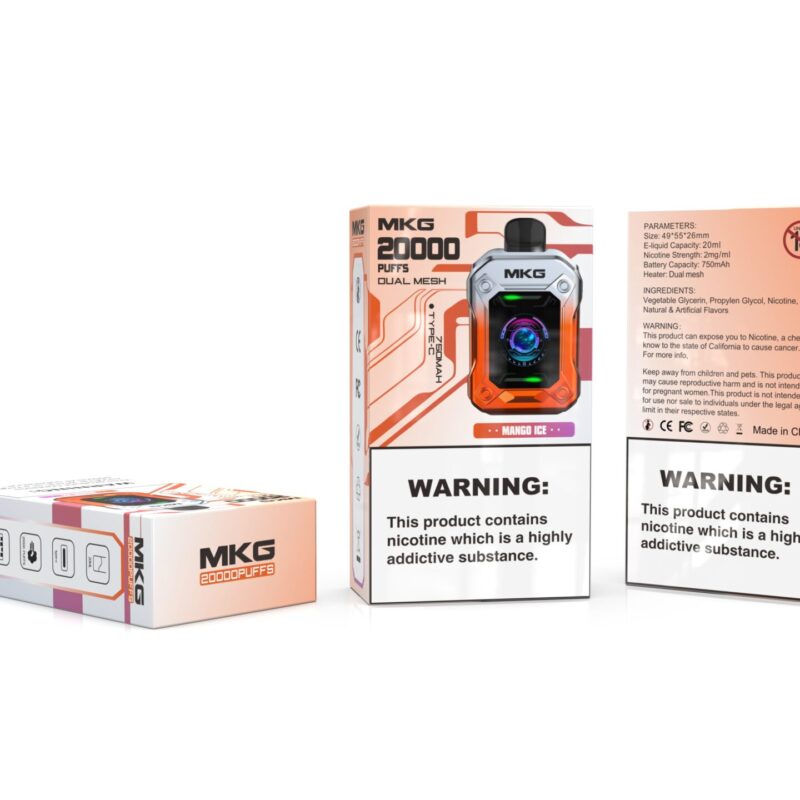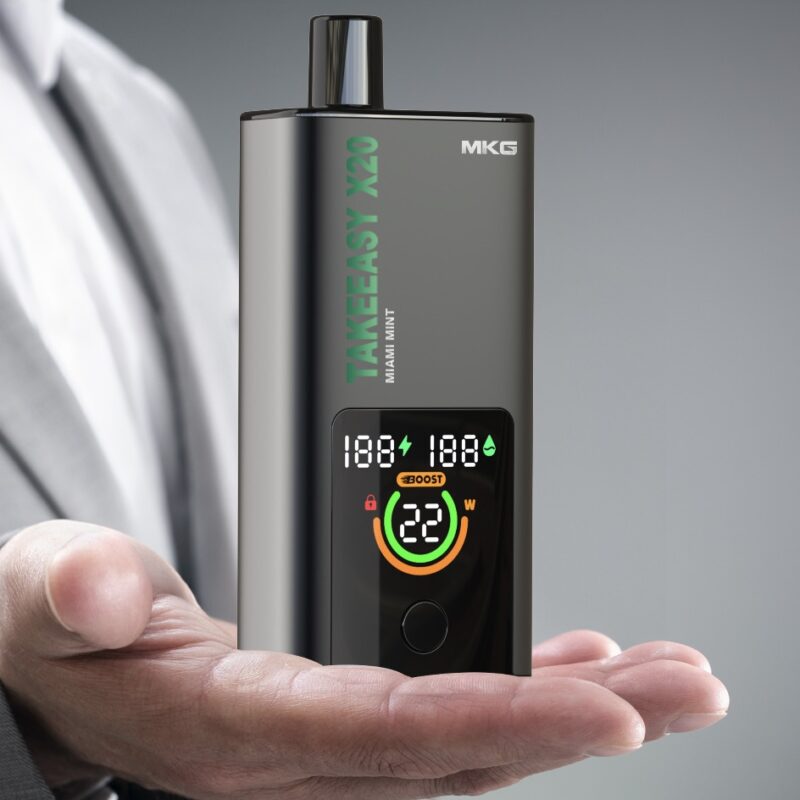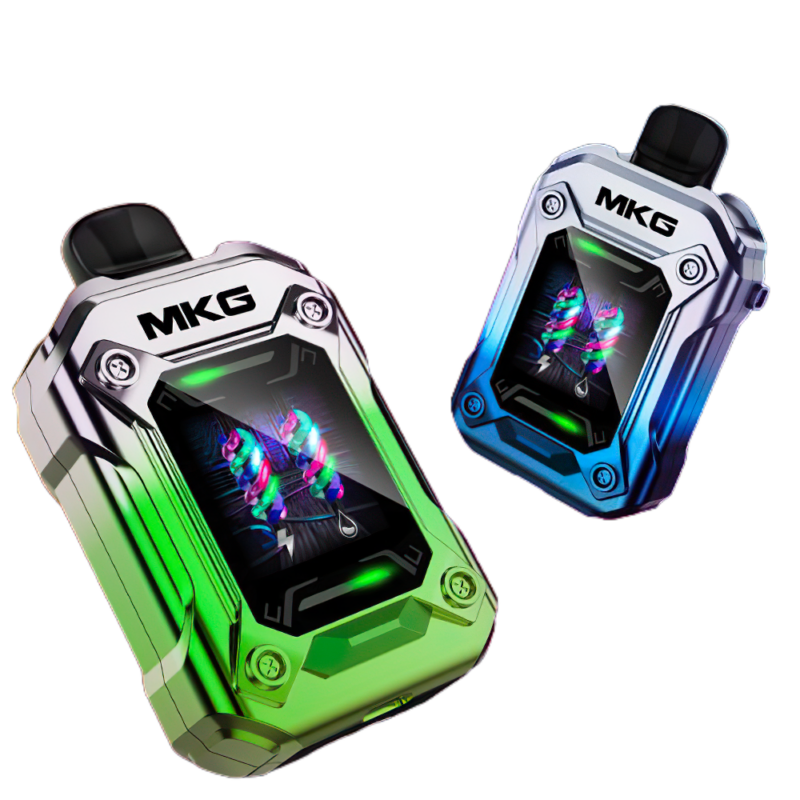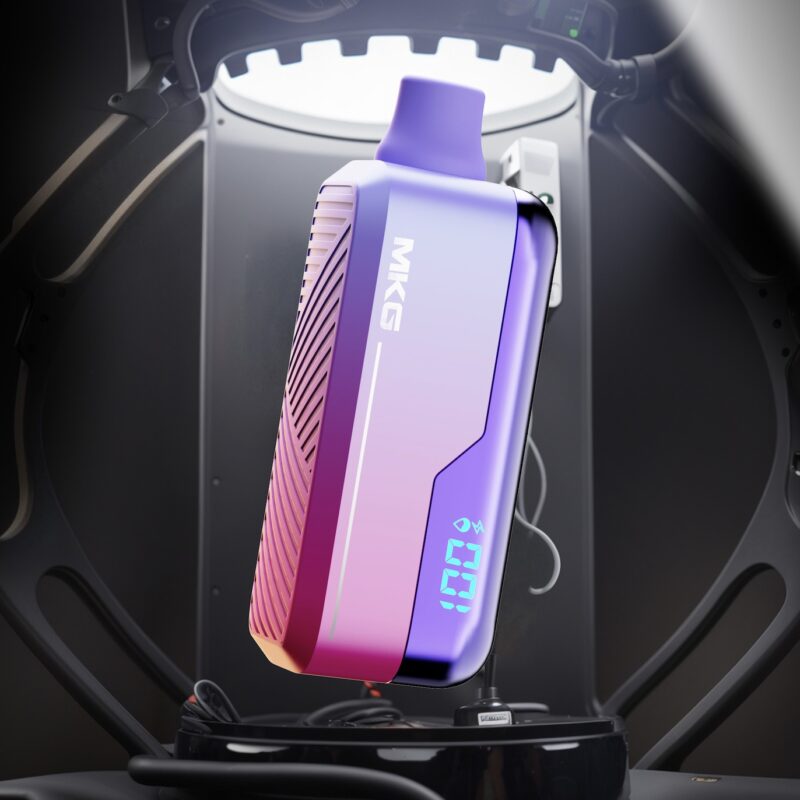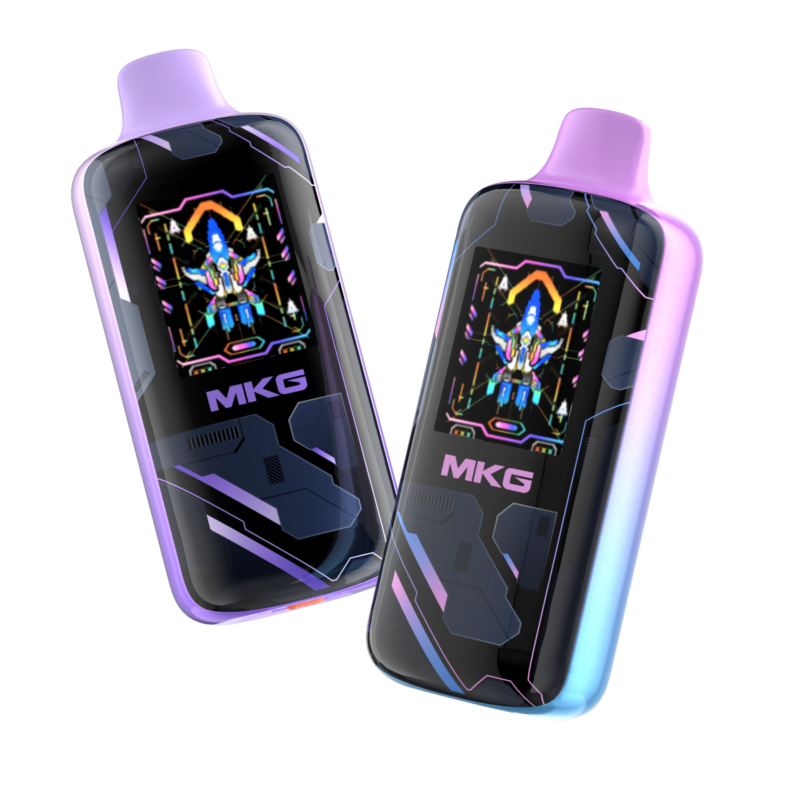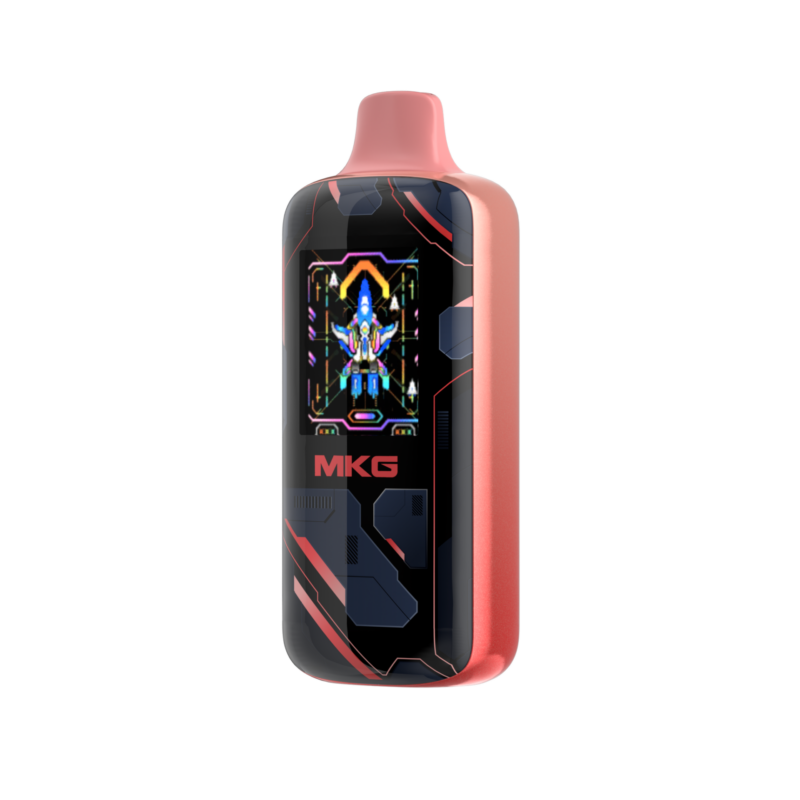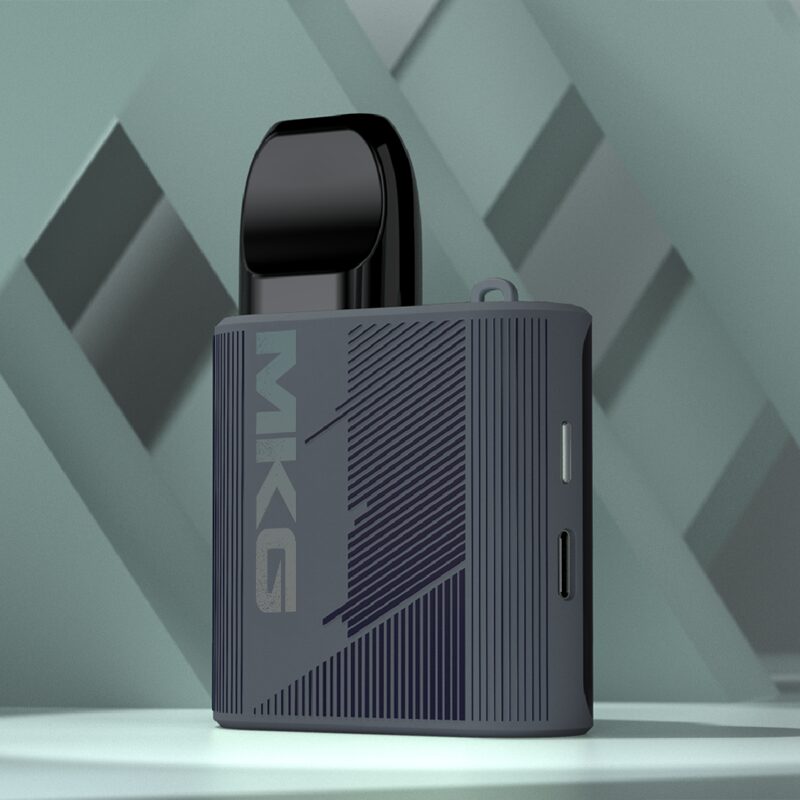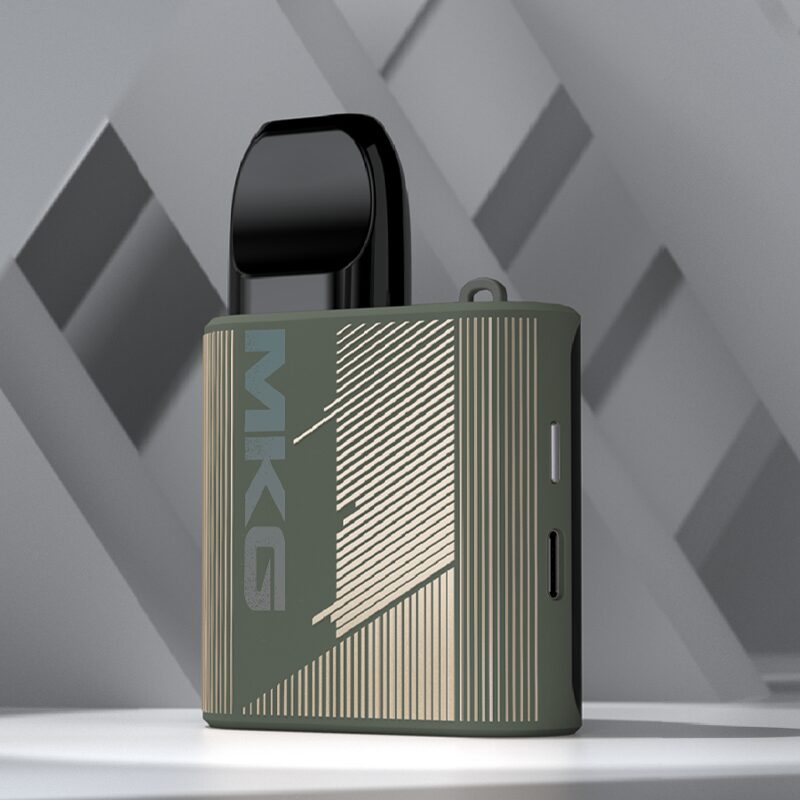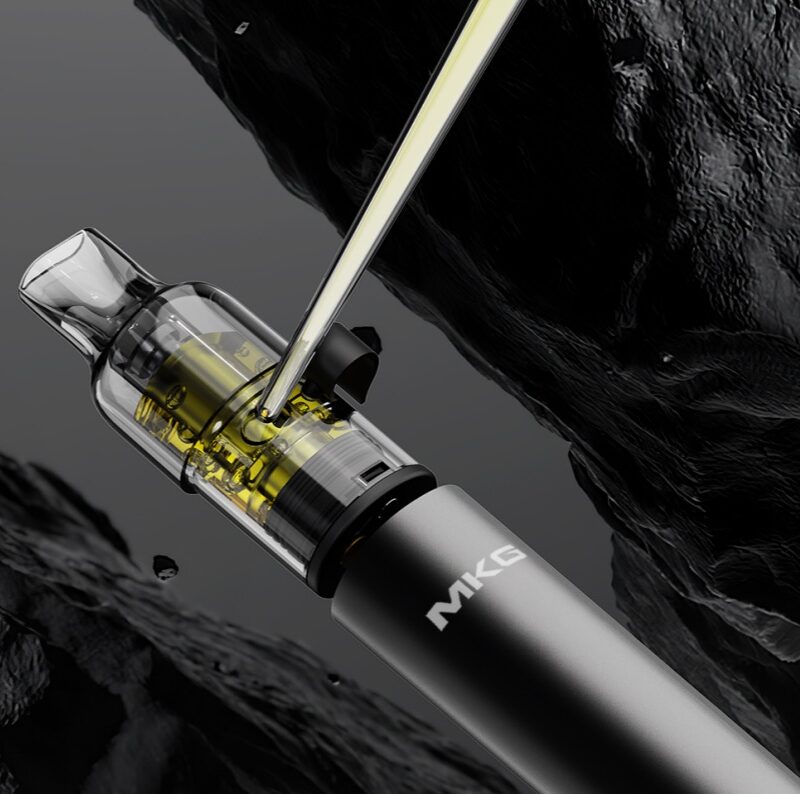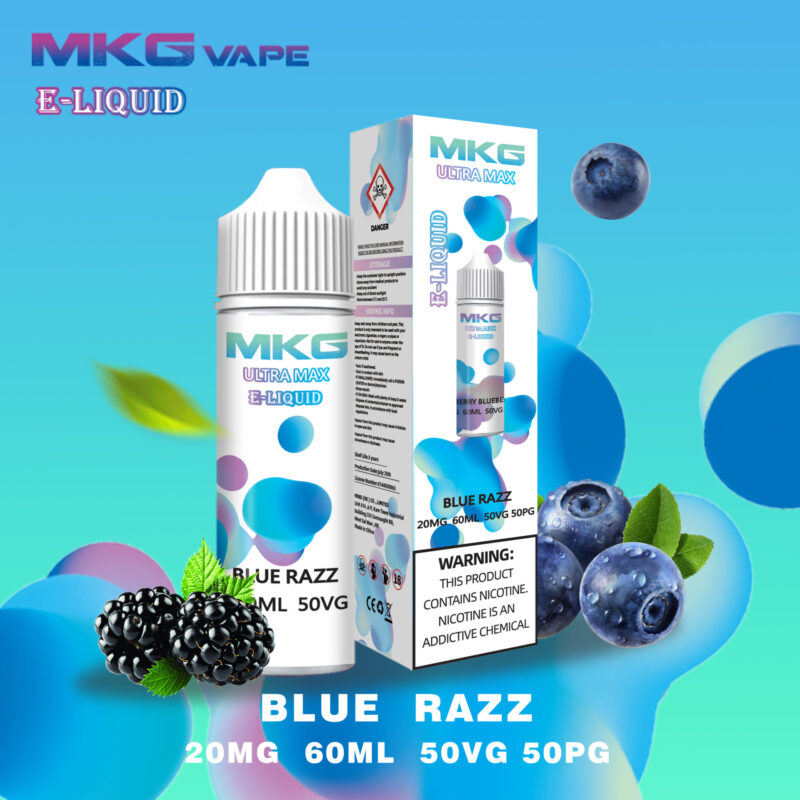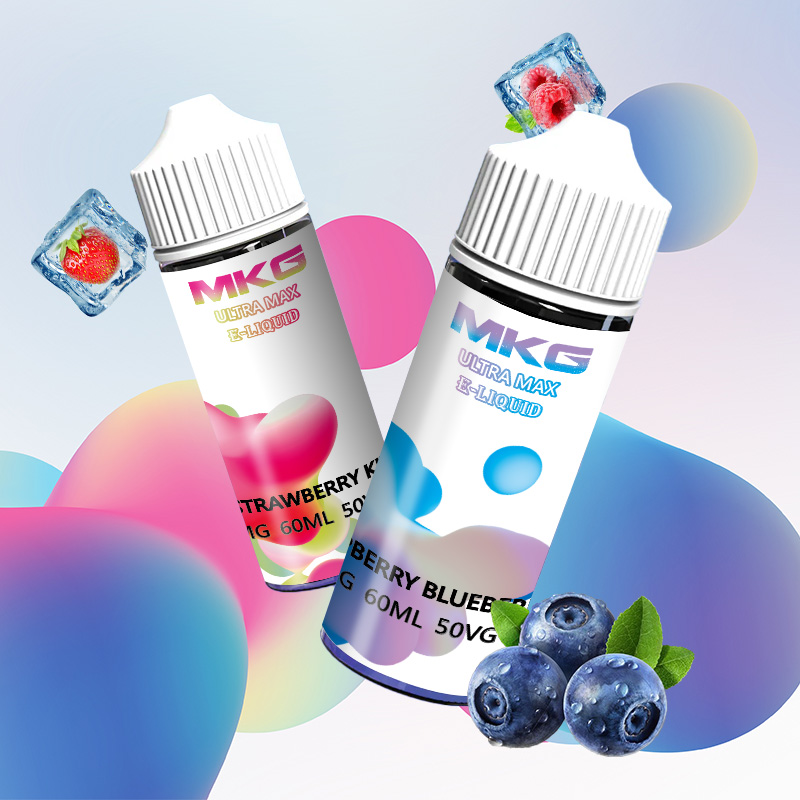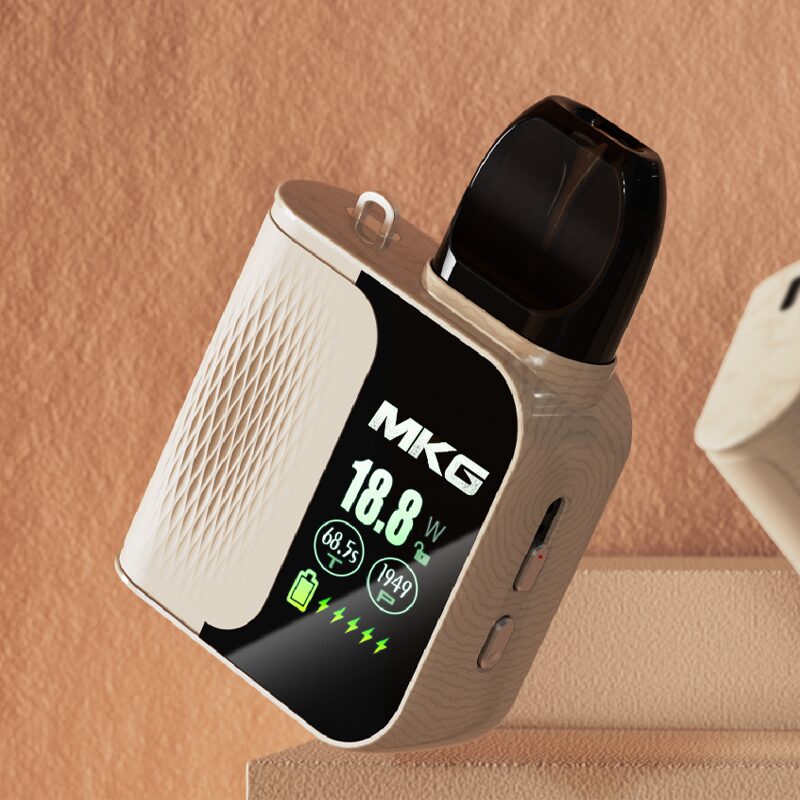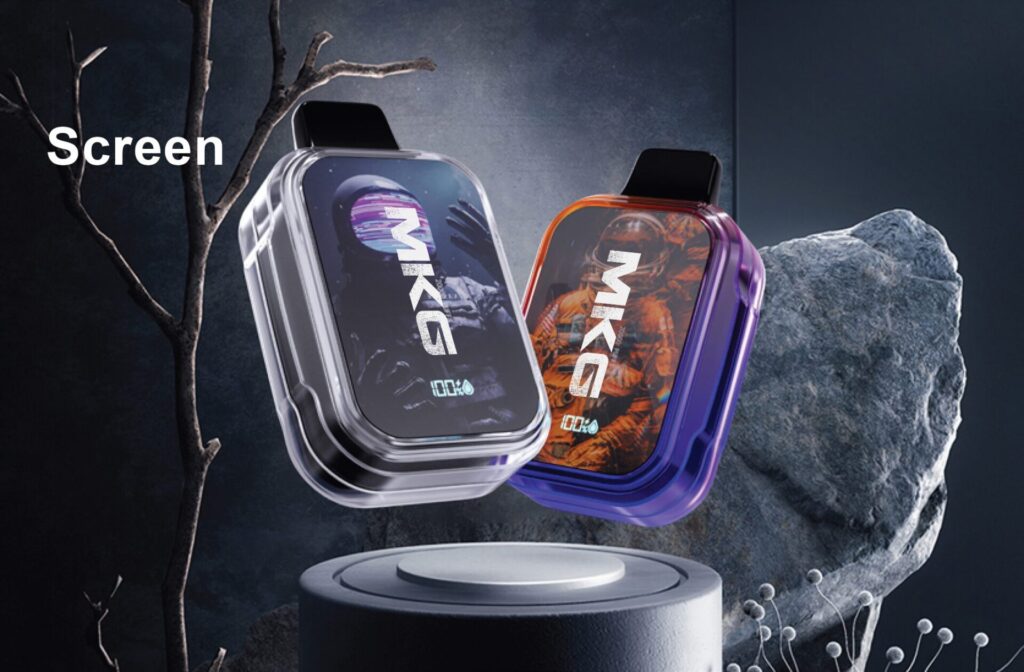Foreword:
As a team that has participated in the successful removal of sanctions from the U.S. Department of Commerce’s Bureau of Industry and Security (“BIS”) entity list for a domestic listed company, our legal team hopes to see Chinese e-cigarette companies become bigger and stronger. Currently, because Chinese e-cigarette companies do not understand the U.S. FDA import alert rules, a large number of companies have been included in the FDA alert list due to issues such as “adulteration”. The U.S. Customs applies the DWPE system of first detaining and then inspecting e-cigarettes, which has caused major adverse effects.
This article hereby introduces the U.S. FDA import alert system and relief measures for removal, and contributes wisdom and experience to domestic e-cigarettes going overseas to earn foreign exchange. This series of articles is divided into three articles: (1) Overview of FDA import alerts; (2) Analysis of causes of import alerts and response principles for Chinese e-cigarette companies; (3) Compliance points for e-cigarette companies from the perspective of Anglo-American law.
1. FDA import alert
The U.S. Food and Drug Administration (FDA) is a federal government agency directly under the U.S. Department of Health and Human Services. Its main function is to regulate food, dietary supplements, drugs, vaccines, and other products produced and imported into the United States. Supervision and management of biomedical preparations, blood preparations, medical equipment, radioactive equipment, veterinary drugs and cosmetics. FDA focuses on enforcing the Federal Food, Drug, and Cosmetic Act (FD&C), which authorizes FDA to detain any food, drug, medical device, cosmetic, tobacco product that appears to have or may have violations. products, biological agents, and radiation emitting equipment.
The FDA’s main measure to manage imported products is to issue import alerts to prevent potentially violating products from entering the U.S. market. Import alerts notify the public and FDA staff that a product or company is suspected of violating relevant laws. Products listed in import warnings will be subject to “Detain Without Physical Examination” (DWPE). In other words, FDA staff have the right to directly detain a specific product or all products of a company without inspecting the goods until the importer or carrier proves that the goods comply with relevant regulatory regulations, that is, detain first and then inspect.
There are many ways for FDA to discover that a product or company should be included in the import alert list due to violations, such as:
1. In September 2008, the FDA noticed a number of infant diseases in China related to the consumption of infant formula suspected of containing melamine. As a result, the FDA has been sampling and testing infant formula, milk-derived ingredients, and foods containing milk, ultimately detecting melamine in a variety of products including candies, desserts, and beverages. In response, the FDA issued Import Alert #99-29 “Detention of Food Products Presence of Melamine and/or Melamine Analogs without Inspection.
2. Foreign government authorities have issued information to inspect specific products or all products produced by the company based on a memorandum of understanding or other agreement, and after FDA evaluation, it has been confirmed that such products require inspection, such as Import Alert #66-40.
3. FDA believes that a large number of foods containing illegal and undeclared food coloring additives have been detained. In fiscal year 1993, more than 450 products from approximately 35 countries were detained due to illegal or undeclared color additives. Therefore, FDA is issuing Import Alert #45-02 “Food Containing Illegal and Undeclared Food Color Additives Detained Without Inspection.”
4. Between October 2020 and January 2023, the FDA sampled and analyzed 91 batches of enoki mushrooms imported from South Korea. Among them, 24 batches were in violation, with a violation rate of 26%. Sampling and analysis of 111 batches of enoki mushrooms imported from China found that 16 batches violated regulations. In view of the high violation rates of Enoki mushrooms from South Korea and China in sampling testing, FDA issued Import Alert #25-21 to implement DWPE on Enoki mushrooms from South Korea and China.
For carriers, importers or products that FDA believes need to be added to the import alert, FDA’s regional offices will send recommendations to FDA’s Division of Import Operations (DIO) to include a company or product on the import alert list. The DIO will comprehensively review the recommendations, evidence, and current and past seizure data to determine whether the DWPE applies. Once the recommendation is deemed appropriate, DIO will add the manufacturer, importer or product to the import alert. The company and product will then appear on the import alert’s red list, causing all goods on the list to face DWPE in the future until the violations noted in the import alert are resolved.
2. FDA’s four types of alerts:
1. Country- or Area-Wide Alert
The FDA may withhold certain products that are not inspected in specific countries or regions. For example, Import Alert #03-05, “Detention of Biscotti from India without Inspection,” states that authorities have the authority to seize all Biscotti from India without inspection, but is listed in the green color of this alert. Products of listed companies are excluded.
2.Manufacturer/Product Specific Alerts
(Manufacturer/Product-Specific Alert)
The FDA may withhold certain products from specific manufacturers without inspection. For example, in Import Alert #52-08 “Detention of New Tobacco Products without Sales Permit Without Inspection”, a number of e-cigarette manufacturing and transportation companies from China were included in the red list due to the issue of “adulteration” of tobacco products. . The reason is that the Center for Tobacco Products (CTP) determined that these companies may be importing/manufacturing/shipping new tobacco products without authorization.
3. Shipper
The FDA may withhold products from certain shippers without medical inspection. For example, Import Alert #16-105 clarifies that designated products shipped by specific companies on the alert’s red list can be detained without inspection.
4. Country/Worldwide Alert
The FDA may withhold certain products from all countries outside the United States without inspection. For example, in 1979, the FDA noticed high spoilage rates in shipments of raw and cooked shrimp from India. Therefore, the FDA issued an import alert and any shipment of raw or cooked shrimp from India will be subject to DWPE unless the exporter is on the green list.
3. Import alert list
Products and companies that violate FDA laws such as FD&C, Food Safety Modernization Act (FSMA), or Foreign Supplier Verification Programs (FSVP) will be subject to FDA On the red list. Products included on the red list of import warnings will be subject to DWPE at the port of entry. This means that all shipments of this product to the United States will be automatically detained by the FDA without inspection.
The Yellow List lists companies, products or countries that are subject to increased surveillance by the FDA, or for which the FDA believes the nature of the violations may require further inspection and analysis.
FDA’s Green List lists companies and products that meet the criteria for exclusion from DWPE under import alerts. Companies or products placed on the Green List will not be subject to national/global alerts. However, the FDA will still conduct routine inspections and tests on the products on the green list. Once any violations are found, the offending products will be removed from the green list.
4. Removal of the red list
To remove a product from the red list of an import alert, a company needs to submit a separate application with supporting evidence for each import alert. Supporting evidence includes, but is not limited to: third-party laboratory analysis, manufacturing or processing records, FDA agency inspections, proof of registration, certification from foreign governments or certification agencies, evidence that labeling violations have been corrected, and evidence of product compliance. The purpose is to convince the FDA that the product no longer has violations, and that products entering the United States in the future will comply with the FDA’s regulatory laws.
Generally speaking, the company needs to describe in detail in the application the root cause that caused the FDA to issue an import alert, and the company has taken specific measures to avoid product violations in the future. The company also needs to submit evidence that the violations have been corrected, and the evidence standards should meet the following standards:
1. Specific products from a single manufacturer: Documentation demonstrating compliance with the FD&C Act for the last five consecutive shipments.
2. Specific products in a specific country or specific region: The last twelve shipments have been determined to be non-violating.
3. Multiple products from specific manufacturers: The last twelve shipments have been determined not to be in violation. These twelve batches of goods should represent the range of products that the company usually ships into the country. If only specific products are listed on the list, these twelve batches of goods should represent every product covered by the DWPE.
Applications for removal from the red list need to be submitted to the DIO for review, and the review results will be sent to the applicant by letter. If the DIO determines that the application does not meet the criteria for removal from the Red List, the letter will state the reasons for not meeting the criteria. Reasons for denial of removal include: (1) failure to submit that the company has taken steps to correct the violations; (2) failure to provide materials that would satisfy FDA that future shipments will be compliant; (3) failure to submit five consecutive entry documents for compliant shipments; (4) Failure to submit additional information as required by the import alert; (5) Repeated violations; (6) Splitting large shipments into smaller pieces such that the shipping size is smaller than the historical size.
Conclusion:
To sum up, as the world’s largest e-cigarette market, the United States’ FDA import alert measures against Chinese e-cigarette companies have caused the products of relevant brands or manufacturers to be “deducted first and inspected later” at the port of entry, which has had a major adverse impact on the companies. . At the same time, due to the global influence of the United States, the effects will inevitably spill over, and it is not uncommon for other countries to pay attention and follow suit. I don’t understand that the U.S. FDA alarm system has affected the development of e-cigarettes in our country. In the next article, the author will further analyze the common reasons and response principles for Chinese e-cigarette companies to be included in the import alert list.


